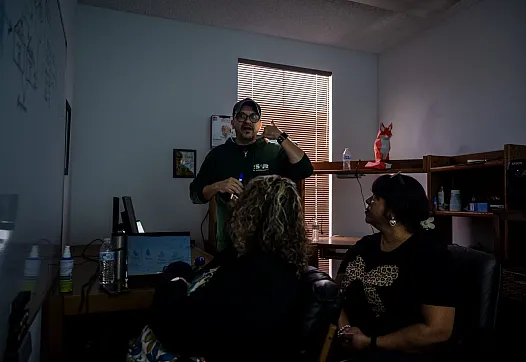
El primer programa residencial del condado para mujeres latinas se centrará en una atención culturalmente competente.

El primer programa residencial del condado para mujeres latinas se centrará en una atención culturalmente competente.
Prosecutors fault a shortage of treatment options for stifling new law.
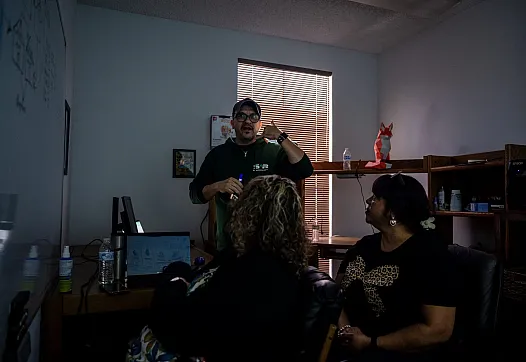
The county’s first dedicated residential program for Latinas will focus on culturally competent care.
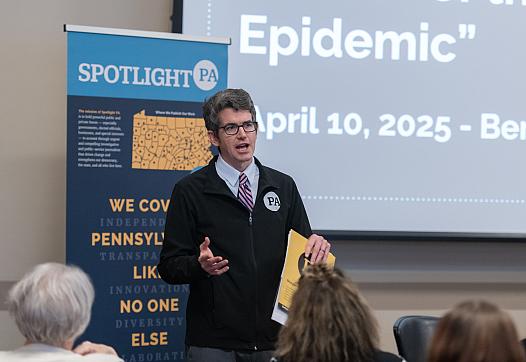
Watch highlights from Spotlight PA’s April 10 forum on the opioid crisis in Reading, Pa.
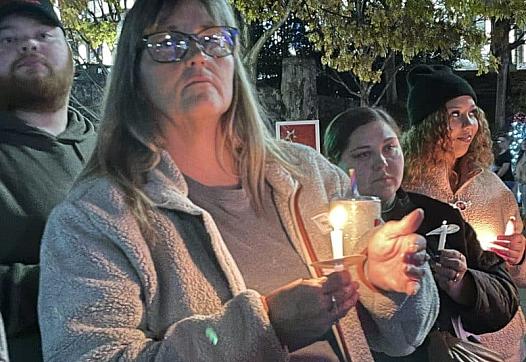
From 2011–2021, 300,000+ kids lost a parent to overdoses. Despite billions in opioid settlements, grandparents caring for them receive little support.

Most people who have suffered a tragedy don’t want to talk to a reporter about it. Here's how one reporter navigated that challenge for a series on orphanhood and child bereavement.
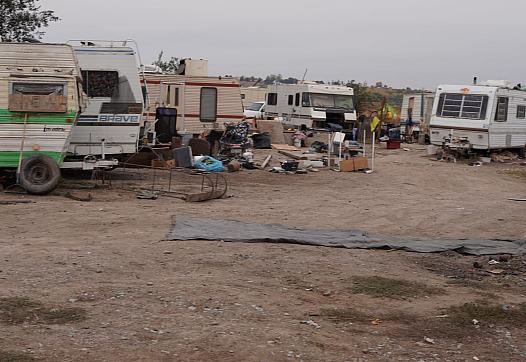
Small communities have the same addiction problems as big ones but they often have far fewer resources, with people spread out over large areas.
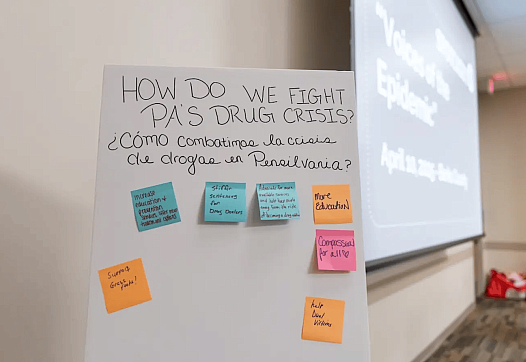
Spotlight PA answers public questions on Pennsylvania’s opioid crisis, from community action, racial impacts and justice issues to evolving responses to overdose deaths and settlement funds.

Spotlight PA investigative reporter Ed Mahon partnered with WESA, Pittsburgh's NPR station, to produce an audio version of his child welfare coverage.

The county has one of the state’s highest homeless rates and is awash with fentanyl but its new deflection program is steering some drug users toward recovery .